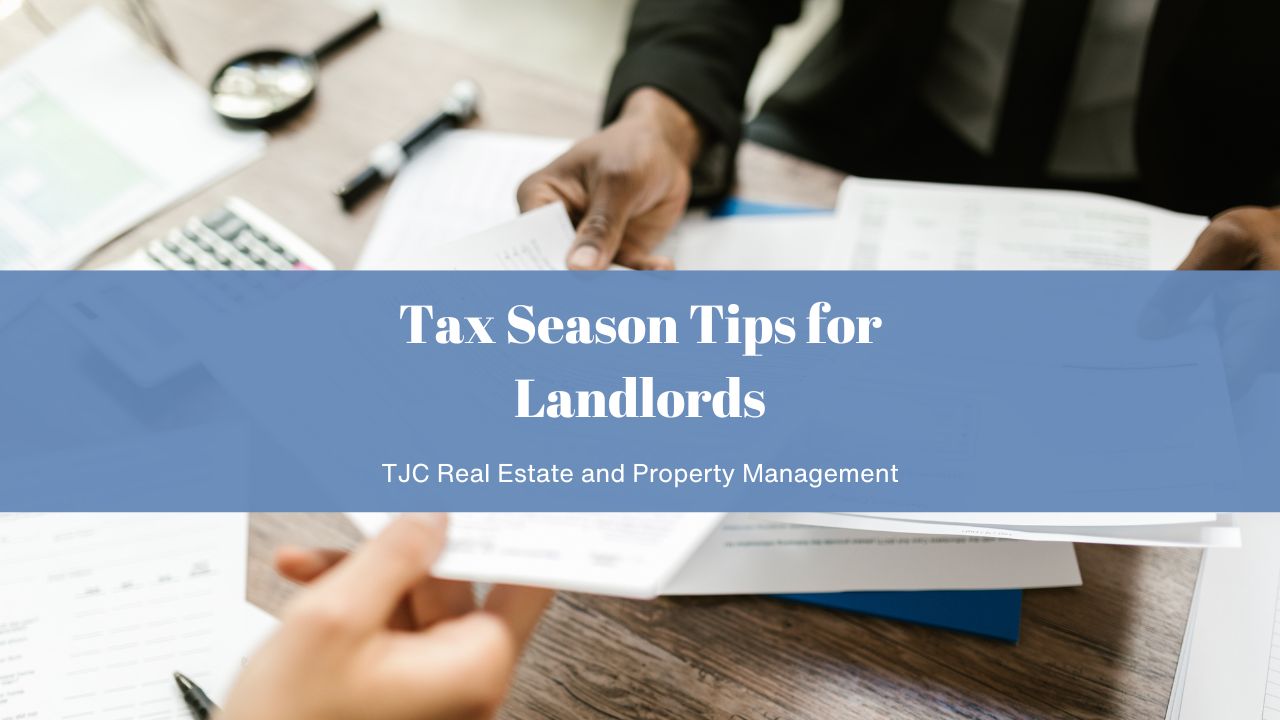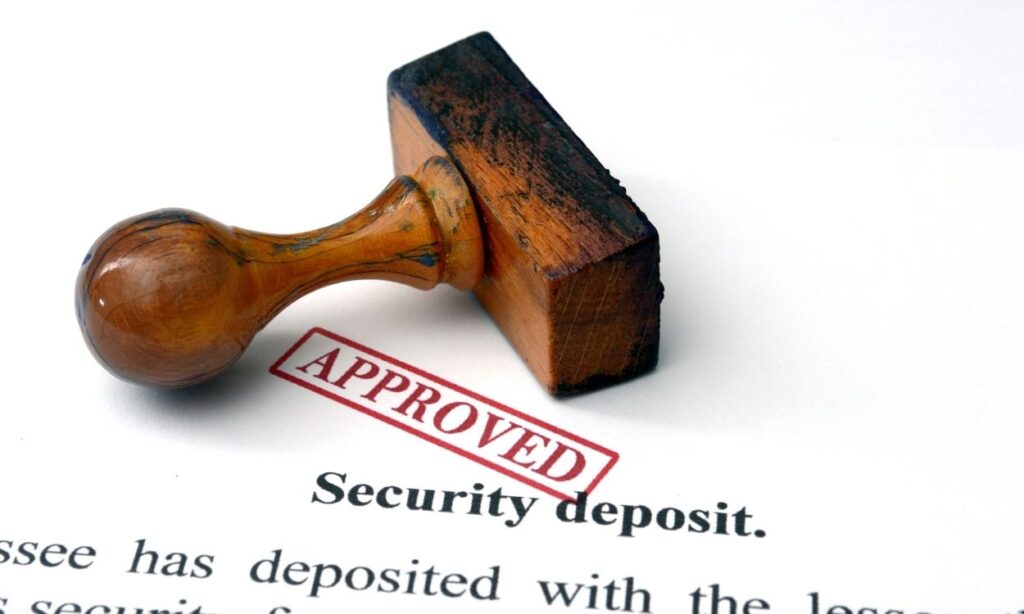
As a landlord, you have a legal responsibility to report all your rental income on your tax return. And while you do so, you’ll want to make sure that you take maximum advantage of any potential savings. In today’s guide, we at TJC Real Estate and Management provide you with expert tips to make sure you nail the tax season!
The Internal Revenue Service (IRS) defines rental income as any payment a landlord receives in exchange for allowing a resident to occupy their rental property. The following are some examples of what usually constitutes rental income:
This is the money that you receive every pay cycle, usually monthly. This income is taxable, therefore landlords must keep detailed records of all money coming in.
The IRS requires that you pay for any rental income you may have received in advance. For instance, in the case where the tenant pays both the first and last month’s rent after signing the lease.
Usually, a security deposit is refundable at the end of the tenancy, less any allowable deductions. Examples of allowable deductions include unpaid rent, unpaid utilities, and the cost of fixing damage exceeding normal wear and tear. The IRS requires that landlords file any amount they deduct from a tenant’s security deposit as rental income.

Some leases allow tenants to break them early in exchange for paying a fee. This fee is considered rental income in the year you receive it. As such, you must file it during the tax season.
Any payments that the tenant makes that they aren’t obligated to per the lease are considered part of the taxable rental income. Examples of such payments include utilities and repairs.
As a landlord, filing taxes can be quite intimidating. They can be more complex that personal filings and navigating deductions can be confusing. That said, it’s essential to find ways to maximize your tax savings. The following are some tax tips to help you maximize returns:
Keeping accurate records is an important if you’re looking to make the most out of potential deductions. Having organized records can help ease the stress that often arises when filing taxes. Keeping clear rental documents can help keep tabs on tax deductible expenses and ensure accurate tax filing.
To prepare for the season, make sure you keep the following records:
You’ll also want to have accurate records pertaining to the rental income and expenses. These can include mortgage interest, repair receipts, advertising fees, utility costs, and professional fees.

As a landlord, you can claim a number of IRS deductions, including:
Other tax deductible expenses for landlords include advertising costs, travel expenses, and utilities.

Once you have proper records and know what deductions you may qualify for, the next thing is to go ahead and file your taxes. Now, how you file your taxes will depend on the ownership status of the rental property. If you own it all by yourself, you’ll need to report your rental income and expenses on IRS Schedule E, Supplemental Income and Loss. If you own it with a co-owner, each owner will need to file their taxes separately, using Schedule E.
For landlords, the tax season can be daunting. But, it can also present you with an opportunity to receive a tax refund. Luckily, with this information, tax filing will be a more simple and painless process.
For expert help in filing your taxes or other property management solutions, look no further than TJC Real Estate and Management. We provide property owners with full-service management solutions. Get in touch to learn more!
© 2025 TJC Real Estate. All rights reserved. Privacy Policy | Terms of Use | Portable Tenant Screening & Disclosure | Website by Distill